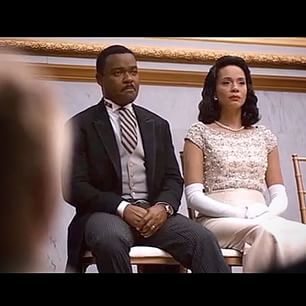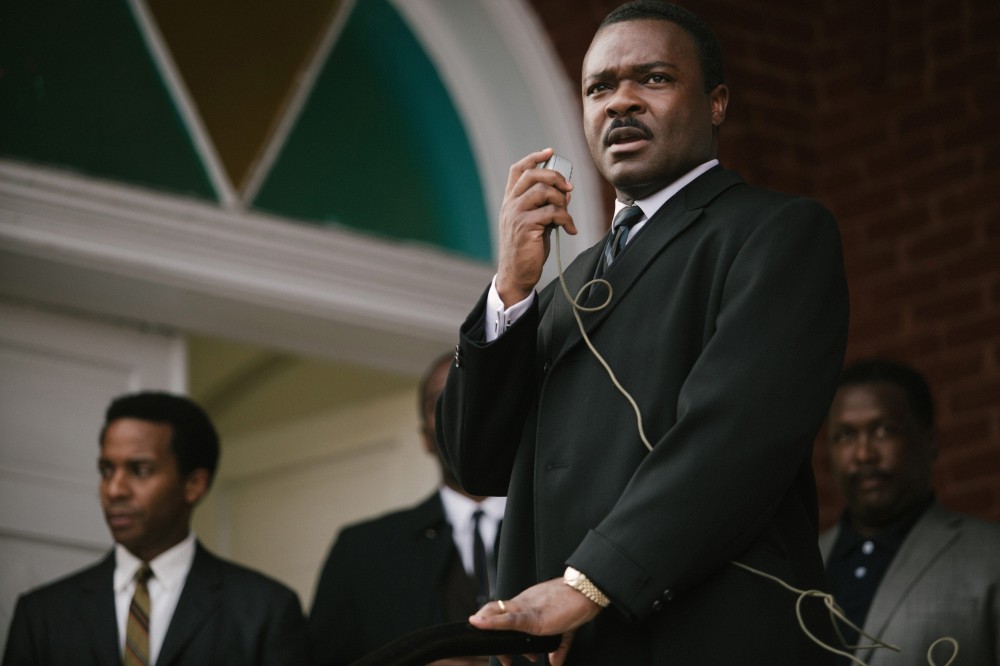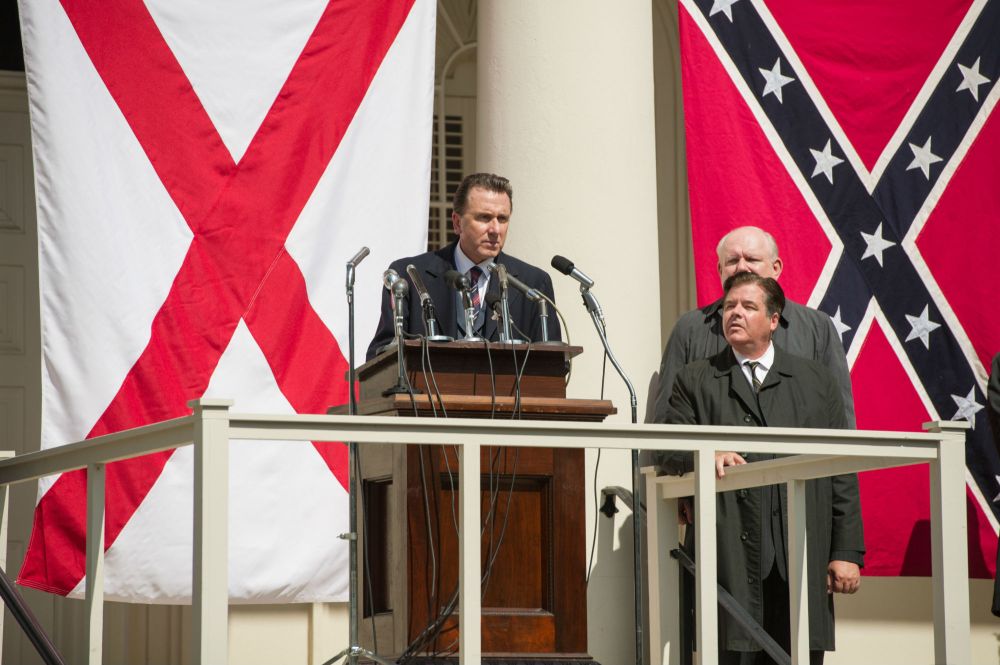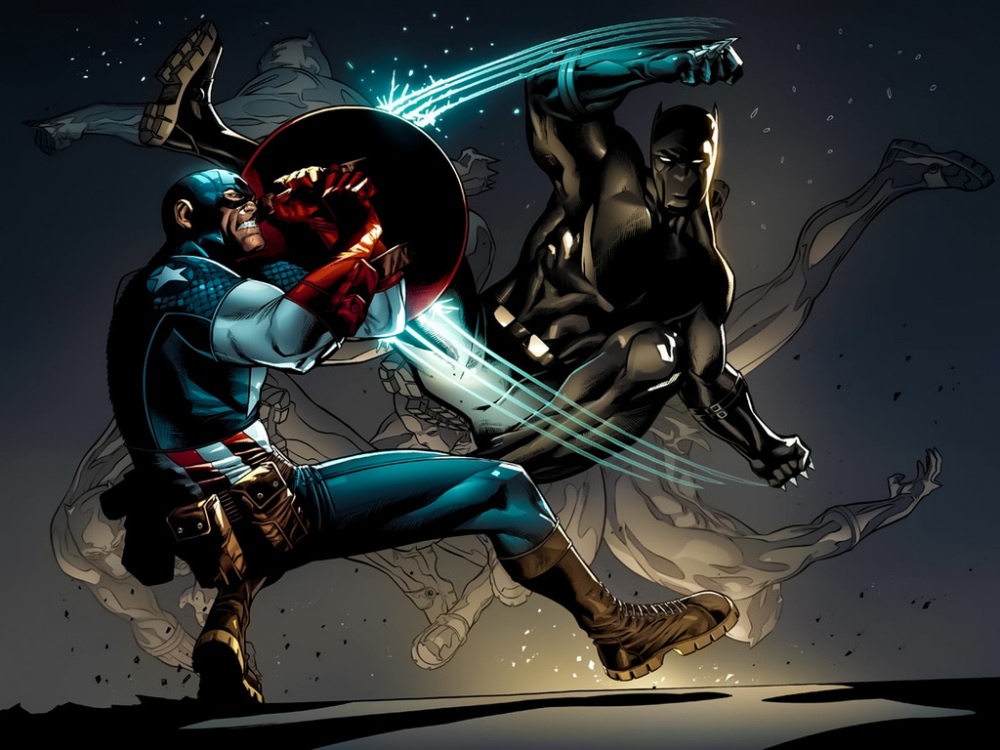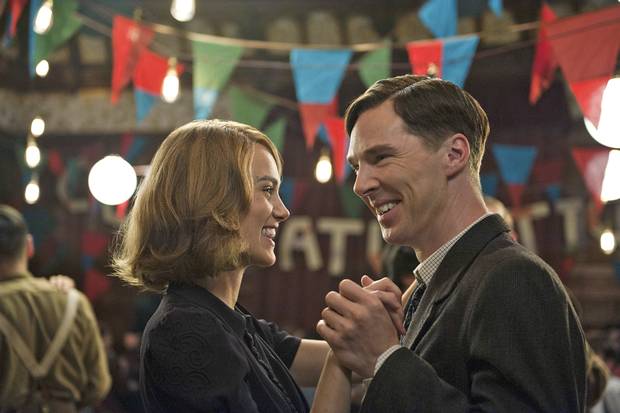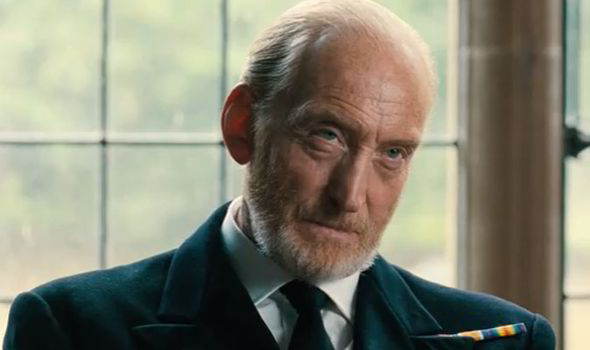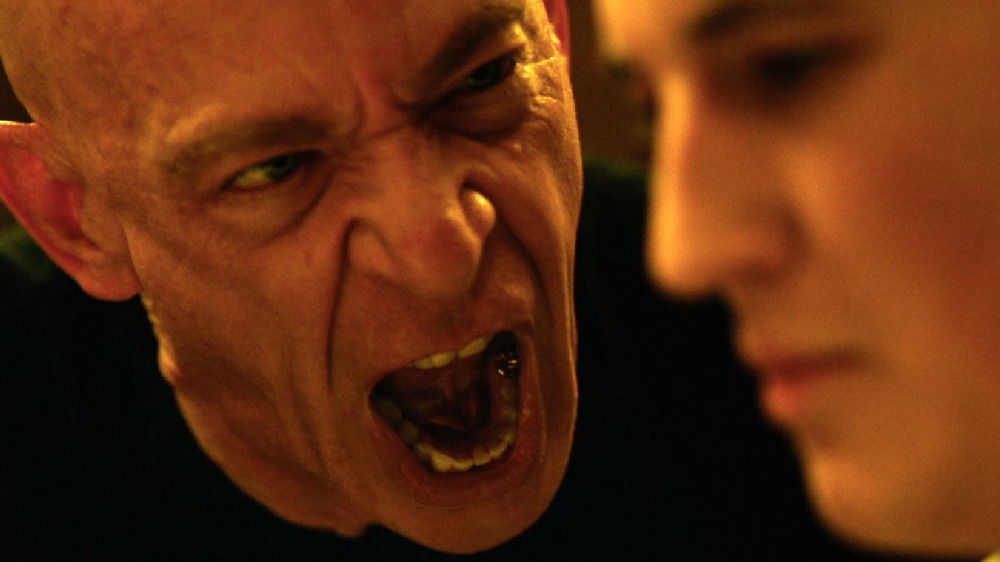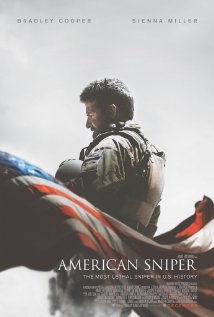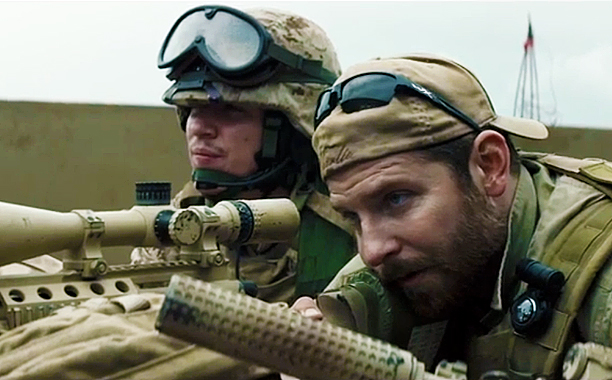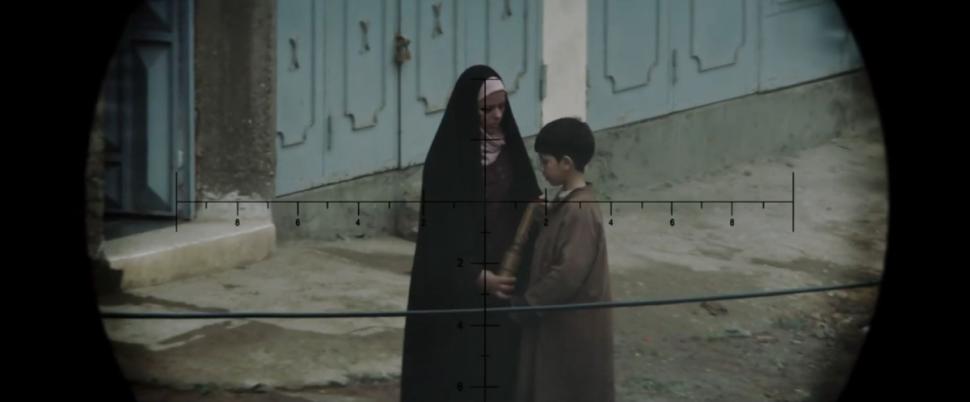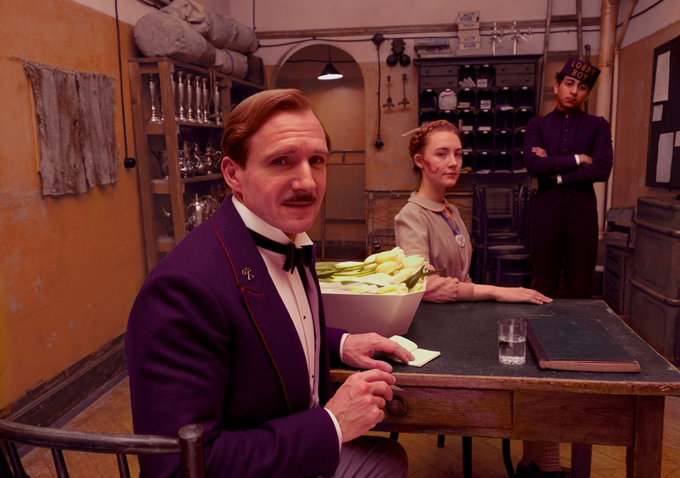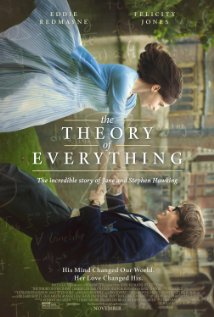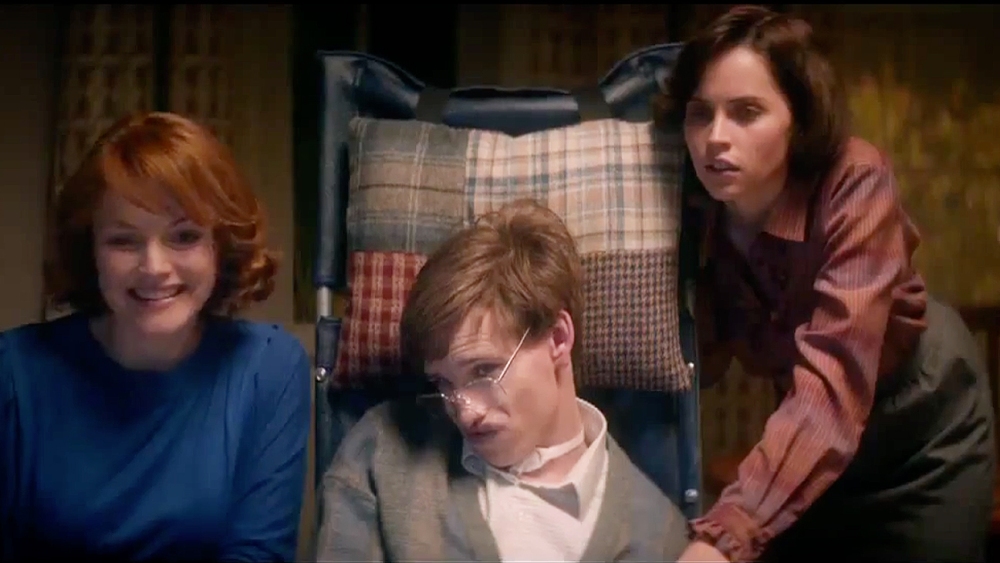
Everything Could Have Been Awesome: “Selma”
 A film about one of the most important figures in the last century and U.S. history, Martin Luther King Jr., which had been a long time coming anyway, couldn’t have come at a more appropriate time. Especially since it covers a time of great upheaval and restoration for civil rights, it had to be intentional that director Ava DuVernay and star David Oyelowo decided to make that film, “Selma,” in 2014, when the world finally started paying attention to the ongoing problems of racial division in the U.S. It’s not as if trouble between law enforcement and the black community had taken a hiatus since police had beaten Rodney King in 1991 until black teenager Trayvon Martin had been shot and killed by neighborhood watch volunteer George Zimmerman. But between the late 1990s and the early part of this decade, the general public of America had moved on from racial tension as if it wasn’t happening anymore. In other words, people (and the media) who weren’t affected closed their eyes and pretended it went away.
A film about one of the most important figures in the last century and U.S. history, Martin Luther King Jr., which had been a long time coming anyway, couldn’t have come at a more appropriate time. Especially since it covers a time of great upheaval and restoration for civil rights, it had to be intentional that director Ava DuVernay and star David Oyelowo decided to make that film, “Selma,” in 2014, when the world finally started paying attention to the ongoing problems of racial division in the U.S. It’s not as if trouble between law enforcement and the black community had taken a hiatus since police had beaten Rodney King in 1991 until black teenager Trayvon Martin had been shot and killed by neighborhood watch volunteer George Zimmerman. But between the late 1990s and the early part of this decade, the general public of America had moved on from racial tension as if it wasn’t happening anymore. In other words, people (and the media) who weren’t affected closed their eyes and pretended it went away.
The atmosphere in the 1960s shared many similarities with today’s racial climate. Black people had had the “Right to Vote” for nearly 100 years, but Jim Crow laws prevented that from truly being the case. Black people were often arrested for crimes they didn’t commit, and crimes against black people often went unsolved because police didn’t bother investigating them, such as attacks on churches.
Through gerrymandering and voting restrictions, the U.S. today isn’t far off from Jim Crow laws that kept blacks from voting back in the first half of the 1900s. Now police are gunning down unarmed black people, and there are again attacks on black churches. It’s becoming more common that black men who were arrested decades ago are being released because there was no real evidence to convict them in the first place (such as a man who was convicted of stabbing his friend in New York, although he was at Disney World, in a 1994 case). They’re receiving some small modicum of justice now, but where was justice before decades of their lives were stolen from them?
Certainly, the Martin case and the unrest in Ferguson last year spurred on the making of this film, while so many racially charged events have been in the news since its release. Without question, “Selma” was the most politically relevant film of 2014, and especially among the field of contenders for best picture at the Oscars. The film is a defiant challenge to society about the recent struggles that have been made the backdrop of public life in the U.S. over the last few years.
One of the ideas DuVernay addresses is the concept of “respectability politics,” the notion that a minority class has to live up to some standard of “decency” set impossibly high by the ruling class in order to gain respect as human beings. She opens the film with Oyelowo’s King fussing over having to wear a fancy ascot to meet with President Lyndon B. Johnson. “Wait till the brothers back home see me like this. They’ll have a laugh,” he quips to his wife, Coretta Scott King (Carmen Ejogo). The ascot, in all its ridiculous glory, symbolizes King’s attempts to gain equality and respect for black people. Among the early scenes of the film are a black woman played by Oprah Winfrey (and people shouldn’t joke about her inclusion in the film. She’s proved herself to be a more than capable actor in other films) being unfairly denied her right to vote and the bombing of a black church, which resulted in the deaths of four young girls. Those events, which both took place in Alabama, set the stage for King’s big push toward the historic march.
Standing in the way of progress is LBJ, portrayed by Tom Wilkinson. Actually, he’s not so much standing in the way, but with his concentration set on the ill-intentioned Vietnam War, he doesn’t want to have to deal with the civil war about to break out in his own country. He shows his resistance toward King’s pleas for help, and the president even tries to appease King, offering him a position in Washington trying to get him to drop his activism.
DuVernay attracted a lot of criticism for her portrayal of Johnson, whom few people had ever seen reason to stick up for previously but suddenly were showing concern for his legacy. But it makes sense, as the director is attempting to show the resistance from the streets to the highest authority that black people faced (and still face) in their fight for equality. A figure like Johnson isn’t just easy fodder, but he is the ultimate representative of authority that is at worst antagonistic and at best apathetic toward the struggles of people of color. Johnson publicly came out in favor of the Civil Rights Movement of the 1960s, but the only two people who know for sure how those meetings between Johnson and King went are the two men who were present.
The subsequent events King is hindered by serve to show not only his resolve, but also his doubts, as he winds up in jail, a member of his movement is killed by police, there are cracks within his movement. But he proves himself to be a master strategist as well, using the idea of respectability to get the attention of the public, in order to force Johnson to act in order to save public perception. The movie gives a rather complete portrait of the man, even touching on his marital struggles and his well-documented proclivities for affairs with other women. Oyelowo is good at the part. It’s obvious that he put a lot of effort into studying King. He especially shines in King’s vulnerable moments, as he’s constantly challenged by the weight of what he’s trying to achieve, and trying to weather the danger that he and his fellow marchers face.
Because Johnson questions King, as King organizes the 50-mile march from Selma, Alabama, to the capital in Montgomery. King sends his people out knowing that Sheriff Jim Clark (Stan Houston) with his temperament toward black people is going to react with violence. In a way, that’s what King is hoping for, as a photo of a black woman being beaten by police on the front page of newspapers across the country is what’s going to get people’s attention, the president’s most of all with his reputation on the line. Johnson tries to put the blame on King for stirring up trouble, knowingly putting people in harm’s way. Even though King knows his cause is righteous, the viewer can see in King’s eyes that he’s wondering if Johnson is right that he’s going about it the wrong way.
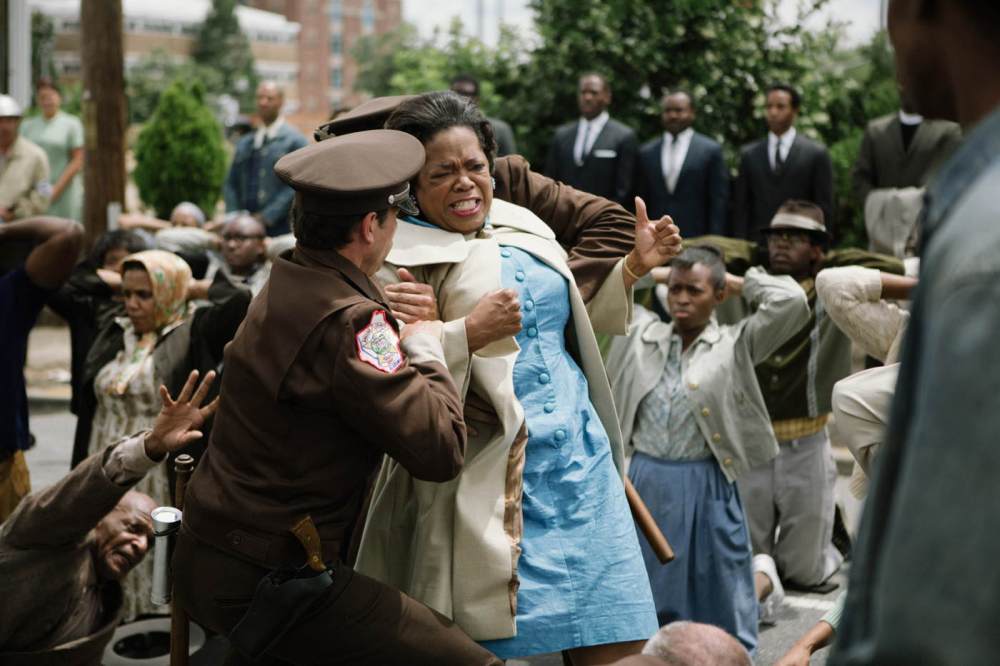
The police are beating up Oprah. Who wouldn’t be upset seeing that on the cover of their morning news?
DuVernay uses King’s voice to offer exposition on the relationship between the law, justice and equality. King explains to one of his aides that gaining equality in the law doesn’t mean anything if there’s still poverty, lack of education, and lack of opportunities. That’s one concept that resonates in today’s supposedly “colorblind” society. Disparity of income and education, and the proliferation of the drug trade in urban life overpower laws against desegregation. If poor communities are comprised of mostly people of color and rich communities are mostly full of white people, how does that equate to desegregation? Kids in better schools have more opportunities to learn and succeed. Disadvantaged youth are fighting an uphill battle from the start.
The film captures the fearful time the black community had to be facing before the historic march. Watching black people being beaten and arrested during peaceful protests and marching defenseless into the teeth of angry white police with batons and guns who wanted to hurt and kill them has to make the viewer respect the boldness of those folks. That’s where the film unleashes its greatest power.
The film is unfortunately, not without flaws, mainly in its portrayal of white politicians. It makes sense for them to be antagonistic. No one should believe that LBJ or Alabama Gov. George Wallace were saints either in public or behind closed doors. But the way they are played, they come off as so evil, cartoonish even. Wilkinson is an incredible character actor most noted for playing despicable, slimy characters, like in “Michael Clayton,” which he received an Oscar nomination for. He plays Johnson as a hard-ass bulldog among his own people, but with aa weasely and full of excuses when meeting with King. Perhaps that’s what he was like, but he was probably more subtle in the way he conducted business that he wished he could have avoided.
If Wilkinson seemed a bit off, then Tim Roth’s performance as Wallace is on another plane of misguidedness. A charismatic actor who commonly plays over-the-top villains, as in “Pulp Fiction” and “Lie to Me,” comes off like Quentin Tarantino might write a white supremacist for one of his own films. Giving a speech, head cocked arrogantly to the side, while flanked on both sides by dual Confederate flags about how the negro should not be allowed to share schools with white children is just so overly exaggerated. To continue the Tarantino references, Don Johnson’s performance in “Django Unchained” offered a subtler character. At least he was a charming evil bastard. But even if Wallace was as superlative as Roth made him out to be, the part might have been better if it had been underplayed. The most despicable politicians are the ones who subtly and sneakily work their propaganda in a way that people with less extreme points of view will succumb to their charms. The ones who come out with vile hate speech to rile up their base can easily be written off as “one of those” people. On the other hand, perhaps the point is to show what black people experienced in that time period, and the full-on hate from the podium was how it came across.
Dylan Baker as J. Edgar Hoover, although his screen time was limited, tops off the trifecta of villainous actors playing politicians in the film. As stated earlier, it makes sense for the politicians to be antagonistic, but making them full on Batman villains might be a step too far. It doesn’t leave room for a nuanced view of politicians and politics, where supposed “nuance” is actually a murky cover for passively oppressive tactics. The actors with their acting history alone should have made them obvious poor choices.
The movie stands as a reminder to those who would use King as a weapon against so-called “SJWs” that King did not change the world by peacefully laying down and waiting for racist white people to realize the error of their own ways. He riled up his people who were facing oppression. He used atrocities committed against his people for political gain because a revolution does take sacrifice. King made the choice to make the march across the bridge into harm’s way to show the world what he and his people were fighting against. He didn’t redirect the march away from hostility because if he had done that, no one would have cared. Just like when the people of Baltimore rioted earlier this year after word came out about Freddie Gray being killed by the police instead of peacefully protesting, because no one pays attention to that. It took getting in the way of people going about their daily business and interrupting their lives, without killing anyone. Whether the attention they received was generally positive or negative, they got people’s attention, which they wouldn’t have gotten any other way. And as Spike Lee posed the question to viewers in “Do the Right Thing,” which do people see as worse, black people burning down a white owner’s restaurant or white cops killing a black man?
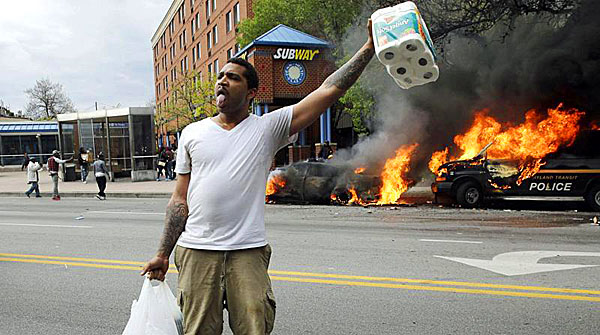
Why riot? The answer is simple: How else do you let the world know when you’re sick and tired of being oppressed that you’re not going to take it anymore?
This wasn’t DuVernay’s first film, but it was the first to gain widespread recognition, and even though she wasn’t nominated for an Oscar, it was quite an achievement for her to get the movie nominated for best picture, being the first black woman to do so. And the subject of the movie was fitting, especially as women in general, and especially black women, have had a difficult time gaining recognition in Hollywood.
This was a film about MLK done the right way. Oyelowo has said it took eight years to get the film made because movie studios wanted to include some sort of white savior character, even though it does include white people from northern states who traveled to Alabama to join the protests, and they do play an important role (by getting killed!) in the events, but the film belongs to King and his Southern Christian Leadership Conferece. So that is a triumph in itself.
“Selma” is a grand film about MLK himself, but also about the difficulty in executing a revolution. It’s a strong reminder that “freedom isn’t free,” as goes the adage Americans like to spout ad nauseum. It was easily one of 2014’s best films and deserved recognition. In terms of filmmaking, perhaps it lagged behind other strong contenders like “Boyhood” and “Birdman,” but as with “12 Years a Slave” last year, it’s difficult to compare films with such potent, serious subject matter with films that go in other directions. But even as it’s good to see films about black people getting such praise, it would be nice to see movies starring and directed by black actors and directors where racism isn’t the main theme. Society shouldn’t stop talking about racism, in fact society needs to spend more time acknowledging that problem, and Hollywood needs to continue making movies concerning racism. But to see true equality in entertainment, the movie industry needs to stop equating movies about black people with movies about racism, and just consider movies about black people as movies. Chris Rock’s “Top Five” would have been an excellent inclusion over “Theory of Everything,” for instance. Certainly racism needs to be acknowledged as an aspect of the black experience in the U.S., but surely it shouldn’t be the only aspect worthy of awards recognition. The U.S. needs black super heros; black adventurers; black comedians; black action stars; and even black quiet, quirky, sensitive, aging men going through mid-life crises on equal billing as the white ones. That will be equality in the movies. With the next feature film DuVernay is possibly slated to direct being “Black Panther” (about the Marvel super hero, not the civil rights group), hopefully Hollywood will soon be moving in that direction.
—————————————
Now that I’m through all 8 Best Picture nominees, my personal ranking:
1. “Birdman or (The Unexpected Virtue of Ignorance)”

3. “Selma”
Five that should have been nominated (in alphabetical order):
“Dawn of the Planet of the Apes”
“The Lego Movie”
“Maleficent”
“Nightcrawler”
“Top Five”
